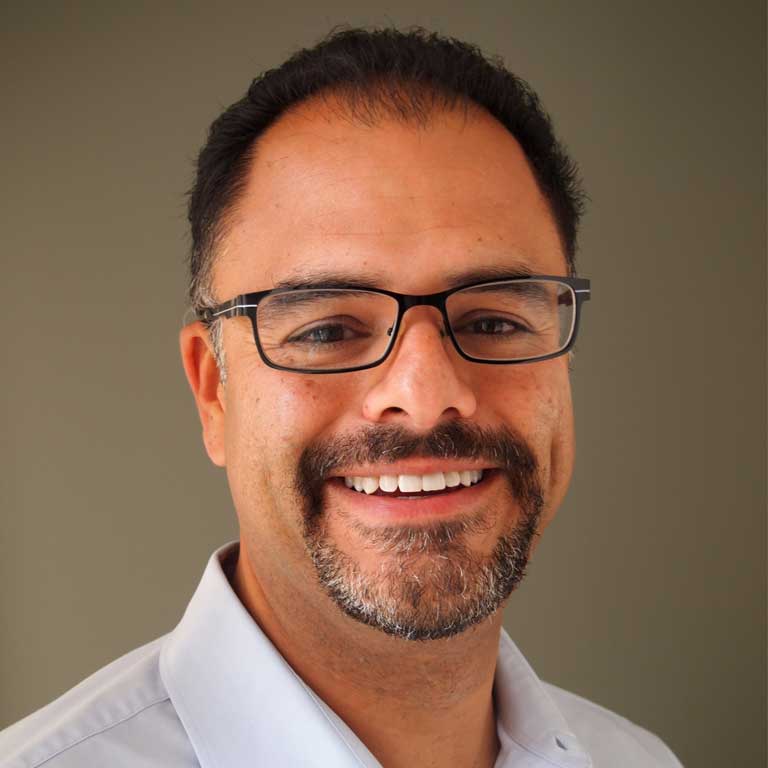An IUPUI professor is part of a new project aimed at amplifying and strengthening efforts to prevent violence and discrimination against Africana religious practitioners, including those in Indianapolis.
Edward E. Curtis IV, the William M. and Gail M. Plater Chair of Liberal Arts and professor of religious studies in the IU School of Liberal Arts at IUPUI, Danielle Boaz of the University of North Carolina at Charlotte and Youssef Carter of the University of North Carolina at Chapel Hill were awarded $250,000 by the Religion and Theology Program of the Henry Luce Foundation to advance public knowledge about race, justice and religion in America.
They will initially engage members of Lucumí, Candomblé, and Vodou communities; Black and African Sunni and Shi‘a Muslims; Sufi lodges and knowledge networks; and Black new religious movements to document, analyze and develop solutions to the discrimination and violence that they face as practitioners of Africana religions. Community members will then attend an in-person workshop to share findings and identify ways to work together to increase advocacy efforts and reduce violence against their communities. A consortium will follow, allowing the researchers to implement short-term goals identified during the workshop.
IUPUI professor addressing violence and discrimination against Africana religious practitioners

“We look forward to engaging the Indianapolis community in this project,” said Curtis, an expert on African-American religious history and Islam in Black America and the African diaspora. “This is an IUPUI community engagement approach: we respect our community partners as the people who know best how to address problems in their own lives, and we offer our skills in the service of amplifying the community’s wisdom.”
Ultimately, the researchers plan to develop an open-access digital portal to launch in 2024 that will analyze, digest and reflect on what was learned from the project. They hope this resource will be utilized by any individual who wants to become an ally in the fight to prevent violence and discrimination.
“Discrimination and violence against any community can make people feel alone,” Curtis said. “By bringing practitioners together both in person and online, we hope to nurture trans-local community connections of knowledge and strength.”
The Henry Luce Foundation seeks to enrich public discourse by promoting innovative scholarship, cultivating new leaders, and fostering international understanding. Established in 1936 by Henry R. Luce, the co-founder and editor-in-chief of Time, Inc., the Luce Foundation advances its mission through grantmaking and leadership programs in the fields of Asia, higher education, religion and theology, art, and public policy.

